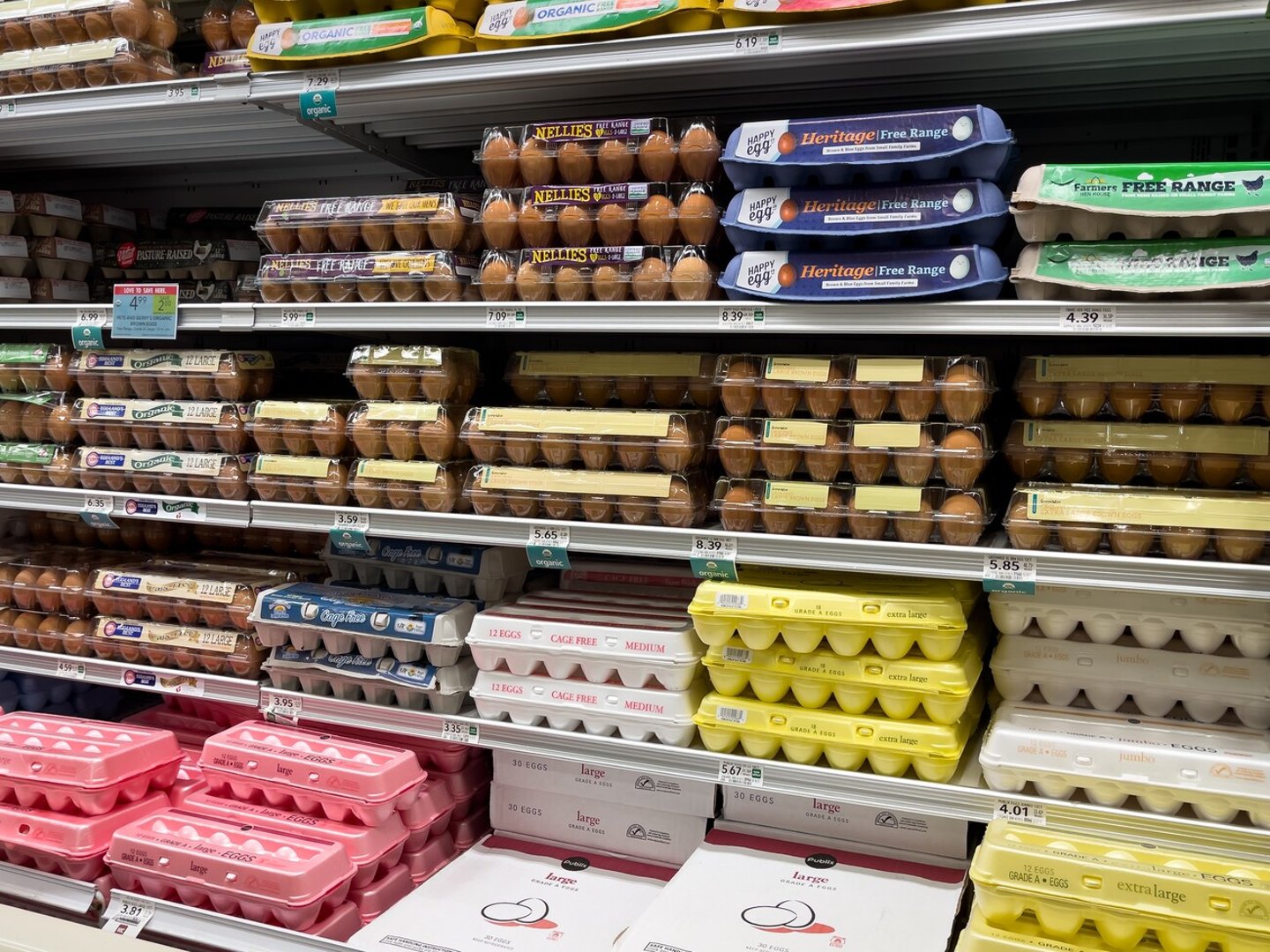Egg Prices Remain A Concern For Many Americans
Consumer sensitivity over the price of eggs may be softening slightly, but nearly 7 in 10 shoppers still characterize current egg prices as somewhat or very expensive, according to new research from Numerator.
Using a combination of verified purchase data and a late-April survey of 1,000 egg buyers, 69.5% of consumers said eggs are expensive, down slightly from 71.1% in January. This decline comes during a period when the average price for a dozen eggs rose from $4.84 in January to $6.54 in March.
Numerator’s report also found what appears to be a disconnect between what consumers are willing to pay for eggs and what they actually paid. In January, consumers said they were willing to pay $4.90 for a dozen eggs and actually paid $4.84. In April, however, price expectations per dozen rose to $5.56, while the actual average price paid was $6.54.
Prices are also affecting consumers’ egg purchasing habits. According to Numerator, 36.7% of egg buyers said they are purchasing eggs at least once a week, down 4.8% from January. Meanwhile, 19.6% of consumers reported buying eggs once a month, an increase of 2.7%.
Consumers are shifting away from premium eggs, with 46.1% of egg buyers saying they typically purchase standard eggs (up 1.2%), while 26.8% said they buy whichever option is cheapest (up 4.2%). Purchases of cage-free, free-range, pasture-raised, and organic eggs all declined by four or more percentage points compared to the January survey.
Nearly half of egg buyers say they will skip the purchase if standard eggs are sold out. If only higher-priced premium eggs are available, 46.1% of shoppers (up 6.5%) will forgo buying eggs. Fewer shoppers are willing to trade up to higher-priced premium options (20.7%, down 5.7%) or check another nearby store (23%, down 0.7%).
While egg prices have been a political and economic hot potato in recent months, the Numerator findings offer a bit of good news. Although 52.7% of consumers said they noticed egg shortages over the past month, that figure is down 2%. Higher rates of shortages were reported among urban egg buyers, those in the Western U.S., and households that buy their eggs at BJ’s, Trader Joe’s, Costco, Wakefern, and Albertsons.
Numerator’s egg survey was conducted on April 24, 2025, and included 1,050 verified egg buyers who made a purchase in the past three months. A previous version of the survey was fielded in January 2025. Egg purchase data was compiled using Numerator’s 150,000-household Total Commerce Panel.




